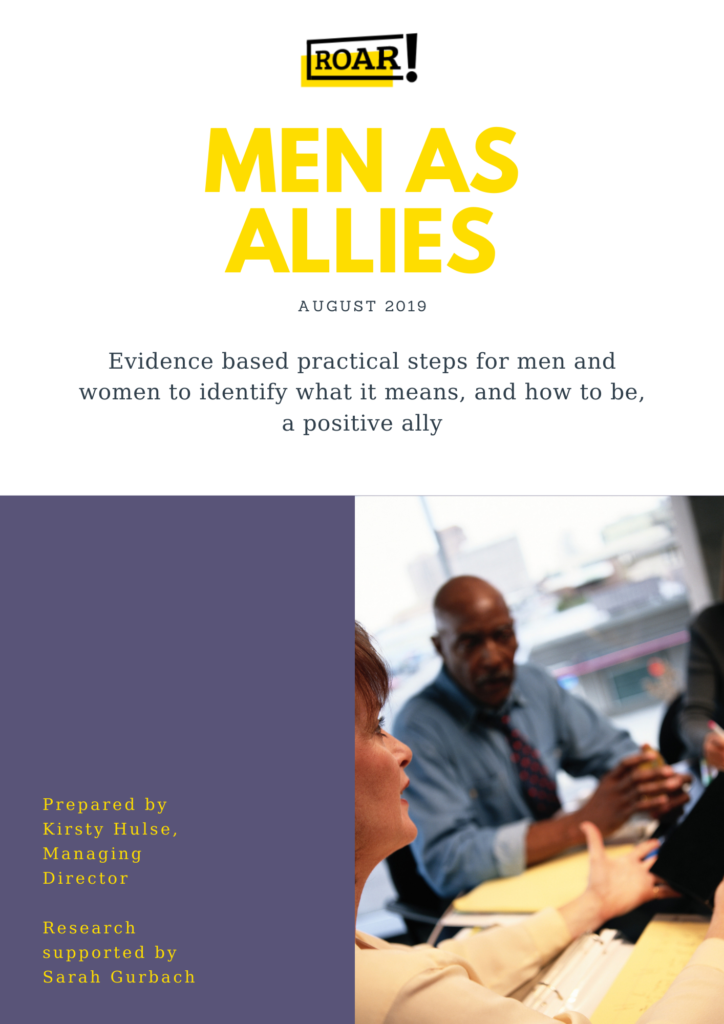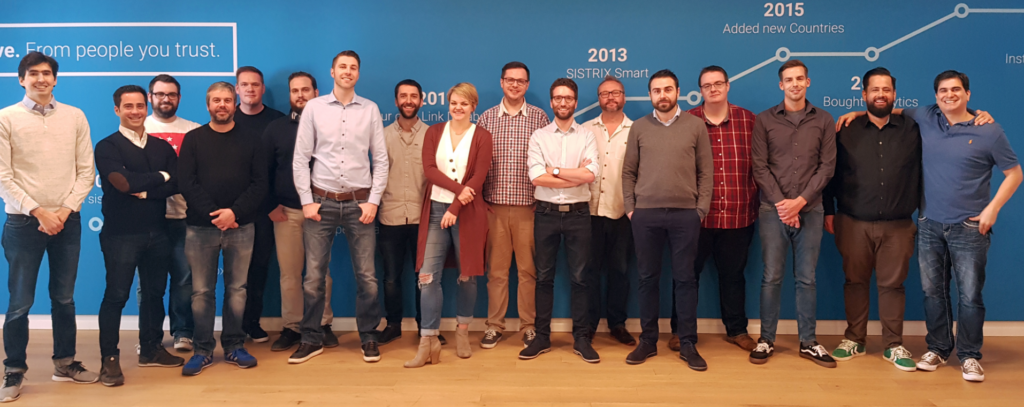In business we are repeatedly required to do things which require a certain amount of self belief. Standing on a stage in front of crowds, confidently selling services to strangers and sharing unfiltered ideas to coworkers can, for many of us, feel incredibly daunting.
As humans, we are innately social animals. In his book Social, why our brains are wired to connect neuroscientist Matthew Leiberman writes “our brains evolved to experience threats to our social connections in much the same way they experience physical pain. By activating the same neural circuitry that causes us to feel physical pain, our experience of social pain helps ensure [our] survival.” Our instincts are for inclusion; to be excluded, to be socially humiliated or outcast is to fear for our survival. Research tells us that “a fear of exclusion makes the motivation to protect oneself from social threats dominant”.
In other words, the nerves that so many of us feel when faced with public speaking, pitching, meetings or presentations are a completely normal, rational response to an objective social threat and it is within our nature to actively avoid these threats.
When we consider this, it is not surprising that when we spoke to over 250 professionals across a range of disciplines and levels of experience, over half (51%) of us have turned down the opportunity to speak at an event or conference because we were worried about our performance and that 16% of us have even said no to a promotion because we did not feel we were ready.

(It is worth noting, that when averaged to the total number of responses, of the 71% who responded that they have turned down opportunities because of confidence, 51% were women and 49% were men. Of the 16% who have turned down a promotion because they did not feel ready, 58% were women, 42% were men. This supports that whilst there are social constructs that have, and continue, to hold women back in the workplace, a fear of exclusion, of not doing it right, or getting it wrong, is very much a human response).
Surprisingly, this does not vary hugely according to levels of seniority. It makes sense to think that early in your career new experiences, such as presenting your ideas to your boss, could be daunting, though managers, team leads and businesses owners were within the 71% of have turned down opportunities because of confidence.
I believe, passionately, that we need to start acknowledging this silent fear that so many of us carry around to prevent us from feeling as though it is an internal failing on our part, rather than just a rational response to real world threats. If we do not start to openly discuss and address confidence issues in the workplace, we miss out on a rich tapestry of ideas that come from a plethora of voices. Our stages will miss out on over half of divergent ideas because we are failing to reassure those who turn down speaking opportunities for a fear of failure.
Having worked with hundreds of people on their confidence over the past couple of years, what always surprises me is how most people are convinced that it is just them who feels that way. We conducted this research so I could confirm this hunch, that it’s actually pretty routine to feel shit scared about putting yourself in a vulnerable situation. What we need to address, though, is the 71% of us who turn down opportunities because we are too worried of negative repercussions.
Public speaking isn’t for everyone, that pitch, that promotion, isn’t for everyone – though we should all be awarded an opportunity to discover what is simply not right for us, or those things that we are not doing because we are letting our, very natural, fear of social exclusion determine our professional behaviour.
Confidence is not just a thing that some people have, it can be learnt, nurtured, developed and drawn upon at key moments. We can manage our nerves, regulate our emotions and develop new patterns of thinking. As neuroscience continues to uncover more of what we understand about the brain and how this impacts our behaviours, I would go as far as to say that the development of confidence within teams will stop being an elusive skill that we silently all wish we had more of and a practical skill that we work to actively attain.
You can sign up to our open Confidence Workshops here or if you are a business looking to empower your team, get in touch.






